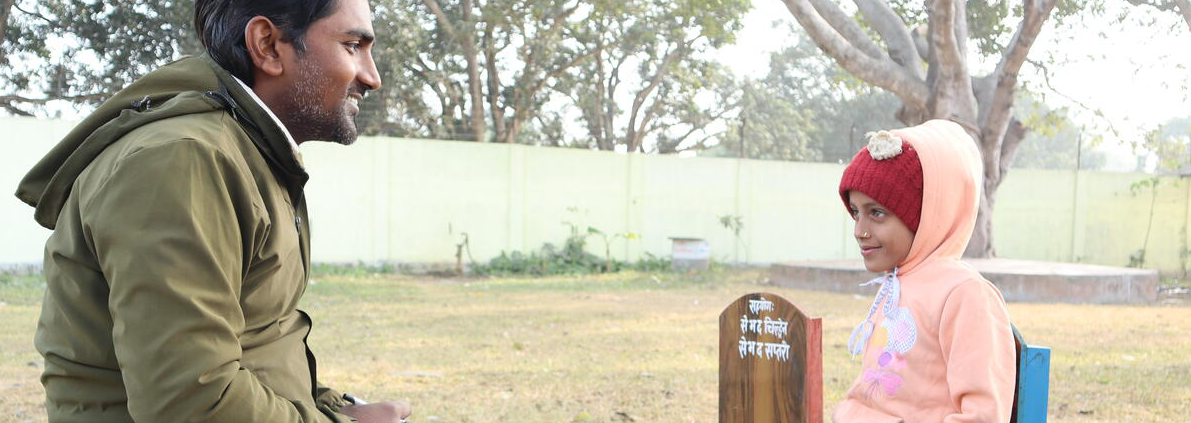Los niños más vulnerables enfrentaron riesgos únicos durante la COVID-19: cómo las agencias se comunicaron con las comunidades sobre la crianza de los hijos en entornos humanitarios y de bajos recursos
Autores: READY, Oficina de las Naciones Unidas contra la Droga y el Delito, Centro de Programas de Comunicación de Johns Hopkins, Right to Play, Comité Internacional de Rescate
La evidencia sugiere que los niños en entornos humanitarios y de bajos recursos experimentaron cargas adicionales de salud mental y violencia en el hogar durante la pandemia del SARS-CoV-2 (COVID-19), lo que puede haber afectado su salud y desarrollo. Para los organismos de respuesta humanitaria, la prestación de servicios de protección infantil durante esta pandemia se había visto limitada por preocupaciones de seguridad relacionadas con el riesgo de transmisión de COVID-19 y cuestiones logísticas alineadas con las medidas sociales y de salud pública. Este documento describe cómo los organismos respondieron a los riesgos identificados que enfrentan los niños, integrando enfoques de comunicación de riesgos a distancia y participación comunitaria y diálogos seguros en persona con padres y cuidadores en las intervenciones de protección infantil para educar sobre la enfermedad y la prevención, fomentar un entorno de crianza positivo y mitigar los efectos negativos en los niños.
Ver el artículo en English en el sitio web de la Sociedad Europea de Medicina.


Este sitio web es posible gracias al apoyo del pueblo estadounidense a través de la Agencia de los Estados Unidos para el Desarrollo Internacional (USAID) en el marco de la iniciativa READY. READY (no es un acrónimo) cuenta con el apoyo de USAID. Oficina de Democracia, Conflictos y Asistencia Humanitaria, Oficina de Asistencia para Desastres en el Extranjero de EE. UU. (OFDA) y es liderado por Salva a los niños en asociación con el Centro Johns Hopkins para la salud humanitaria, el Centro Johns Hopkins para programas de comunicación, Reino Unido-Med, Alianza EcoSalud, y Misericordia Malasia. Los contenidos de este sitio web son responsabilidad exclusiva de Save the Children. La información proporcionada en este sitio web no refleja necesariamente las opiniones de USAID, de ninguno o de todos los socios del consorcio, ni del gobierno de los Estados Unidos, y no es información oficial del gobierno de los EE. UU.


